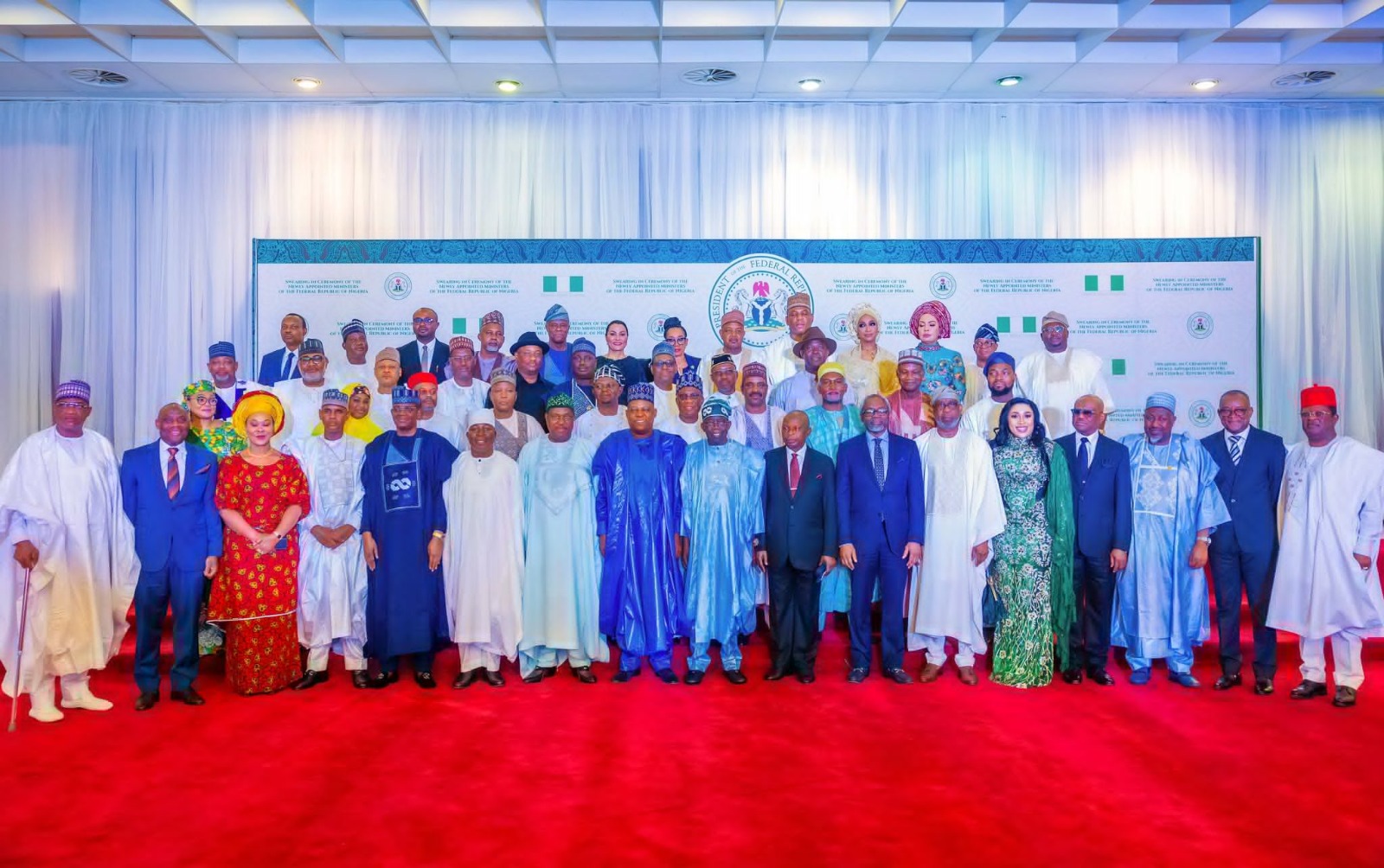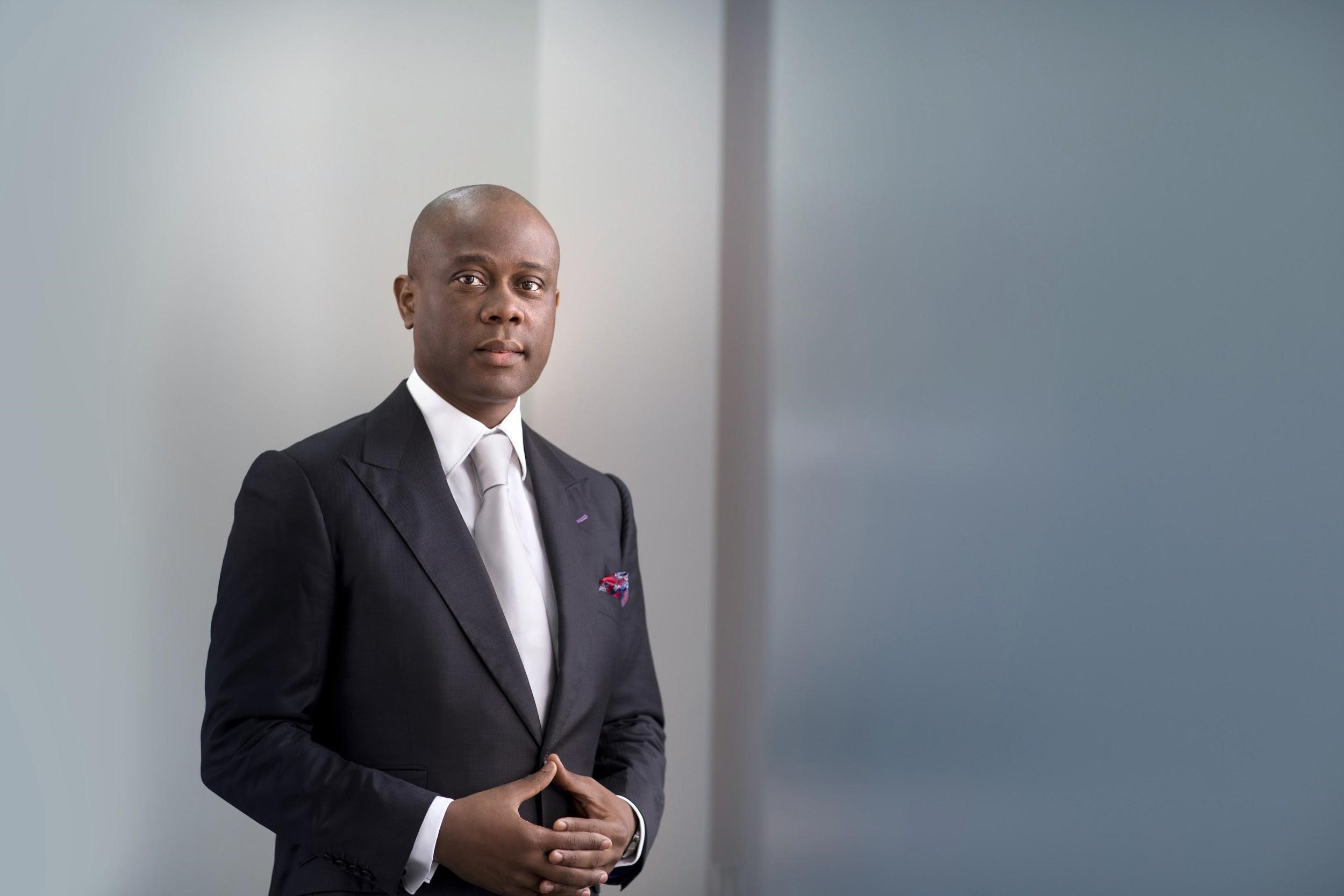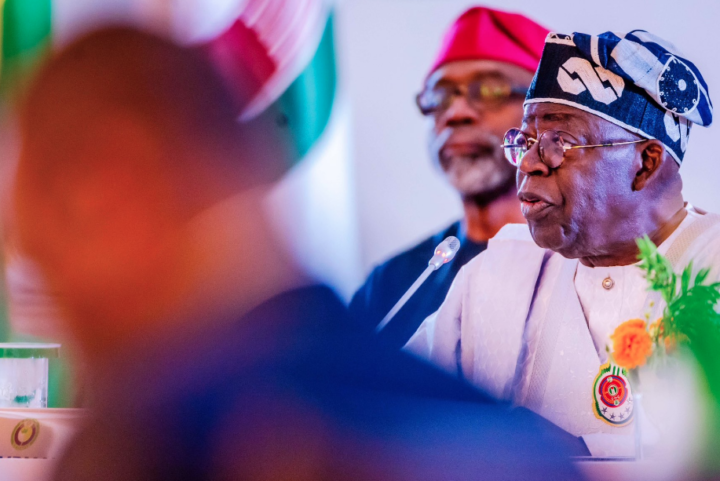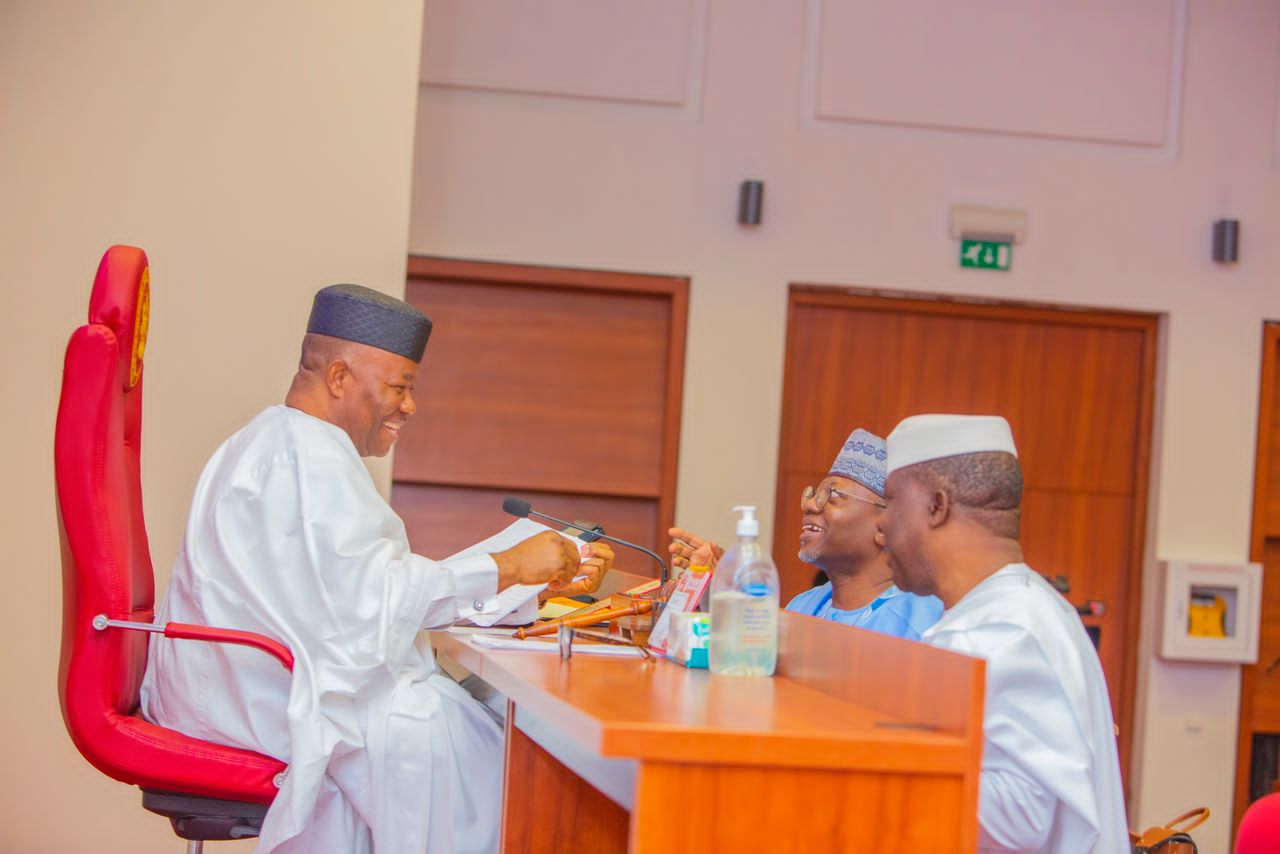The administration of President Bola Tinubu has now been in office for nearly 10 months, and his cabinet ministers have served for around 6 months. As the saying goes, you can judge how well things are going from the early signs.
So far, this administration has appointed the largest number of ministers, around 48, but that has not translated into effective governance. The quality of the team is what matters, not the quantity, but unfortunately most of Tinubu’s ministers have failed to impress. To put it bluntly, we have many ghost ministers who are invisible and ineffective.
Out of the 48 ministers, less than 10 are actually performing their duties diligently and remaining in the public eye. I doubt most Nigerians could even name more than 10 ministers off the top of their heads.
The few visible ministers who seem to be working hard include FCT Minister Nyesom Wike, Works Minister David Umahi, Interior Minister Olubunmi Tunji Ojo, Economic Coordinator Wale Edun, Health Minister Ali Pate, Solid Minerals Minister Dele Alake, and Information Minister Mohammed Idris.
Advertisement
Even the suspended Minister of Humanitarian Affairs, Betta Edu, could be considered among the top 5 most active ministers in this administration.
I think the next time the government releases a list of “ghost workers,” some of these invisible ministers’ names should be on it too, and they ought to return their salaries and benefits.
The president should not wait a full year before reshuffling his cabinet. Even if you give some of these ministers 10 more years, they still will not perform. As Tinubu himself has said, Nigerians want to see results quickly.
Advertisement
The economic team needs to do better instead of relying solely on the dictates of the World Bank and the International Monetary Fund. The power minister seems totally out of his depth in that role. The president does not need a psychic to tell him that man is the wrong fit for that ministry.
One year is far too long for the president to wait before changing his cabinet. Six months is sufficient time to judge a team’s performance and fulfil any political promises. Six months is enough time to settle political debts. Nigeria’s future is more important than any individual or political family.
When Tinubu met with top bureaucrats on Thursday, he demanded swift action. That same urgency needs to be conveyed to the ministers. The buck stops with the president, and it is time for him to make changes.
It is concerning that the majority of President Tinubu’s cabinet seems to be missing in action. They were appointed to important ministerial positions in order to execute the government’s agenda, provide leadership in their sectors, and deliver results for the Nigerian people.
Advertisement
But apart from the few visibly performing ministers mentioned earlier, most have been remarkably invisible and ineffective.
Nigerians are left wondering what exactly these dozens of other ministers have been doing since their appointments. Are they even showing up to work? What initiatives have they launched? What policies have they implemented? What progress have they made? It is high time they proved they are not just collecting salaries and allowances for doing nothing.
Beyond the waste of public funds to pay absentee ministers, there are real consequences to having a void of leadership across federal ministries. Important work is falling by the wayside. Policy reforms are stalling. Service delivery is suffering. Critical sectors of the economy and society are drifting aimlessly without competent ministers to steer the ship.
President Tinubu must light a fire under the laggard ministers. He should put them on notice that their performance thus far has been unacceptable. Those who fail to up their game within the next 3 months should be replaced without delay.
Advertisement
Again, Nigeria’s future economic prosperity and social development depend on having strong leadership and execution across all levels of government, especially within the president’s cabinet. The current crop of inactive ministers is hampering progress.
In addition to shaking up the current cabinet, Tinubu may need to rethink his criteria for appointing ministers in the first place. Too much emphasis was placed on political connections, loyalty, and rewarding allies instead of nominating capable technocrats, experienced public administrators, and highly qualified experts within their fields.
Advertisement
Going forward, competency, credentials, and a proven track record of leadership and results should be the main qualifications.
The practice of handing out ministerial appointments as mere patronage positions needs to end.
Tinubu should learn from the examples of advanced countries where cabinet positions go to credible professionals, not just political associates.
Advertisement
Handpicking capable ministers from diverse backgrounds will inject fresh ideas, expertise, innovation, and urgency into addressing Nigeria’s economic and social challenges.
President Tinubu is facing mounting criticism over his invisible, underperforming ministers nearly 10 months into his administration. With only a handful carrying their weight, the majority have so far been huge disappointments.
Advertisement
For the good of the nation, Tinubu needs to light a fire under them immediately or show them the door. The time for excuses and patience is over. Nigeria needs every single member of the cabinet to pull their weight and deliver tangible results now, not years down the road.
A swift and dramatic cabinet shakeup may be required to get this government on track and galvanize it into action. The clock is ticking, and the stakes are high for Nigeria’s future.
Views expressed by contributors are strictly personal and not of TheCable.
Add a comment







